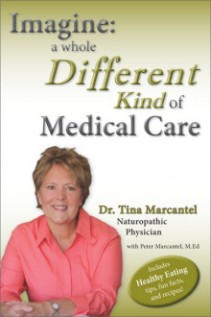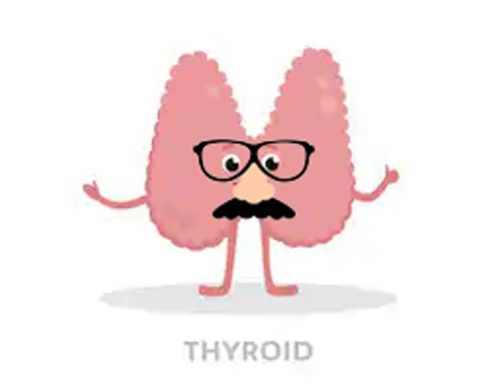 The following is an excerpt from Dr. Marcantel’s book, Imagine: A Whole Different Kind of Medical Care.
The following is an excerpt from Dr. Marcantel’s book, Imagine: A Whole Different Kind of Medical Care.
There is no shortage of diet plans on the market for those who are seeking to lose weight. Over the years I’ve studied many of them and I’ve tried more than a few, myself. Some of the plans offer well-balanced and nutritionally sound approaches to weight loss and many people have been successful with them. Still, as any dieter knows, it’s not losing the weight that’s the hardest part—it’s keeping the pounds off long term.
I see a steady stream of frustrated women and men in my office who wonder why they seem to quickly regain weight after stopping a diet. One possible reason for this is obvious—if you return to the same habits you had before starting the diet, you’ll likely regain the weight. It’s a biological fact that if you take in more calories than you burn each day, you will put on pounds. Keeping a food and exercise diary can be a powerful tool to help you be more conscious of your calorie intake and how much exercise you’re actually getting. While changing your habits is crucial to maintaining the hard-earned results of dieting, there are many more factors to consider.
As with any other type of treatment, I believe it’s important to get to the root causes when considering why a person may have trouble losing weight. Many of my patients tell me that they’ve tried everything: they’re exercising regularly, they’re eating much better, they’ve tried various types of diet plans and yet they still can’t lose weight. In these cases there may be an underlying medical problem.
There are many physiological conditions that can interfere with weight loss. Among them are:
*Hypothyroidism—An underactive thyroid slows down the metabolism, meaning you will burn less calories and tend to gain weight.
*Estrogen dominance—Too much estrogen in relation to the progesterone in your system can also slow down your metabolism.
*Insulin resistance—When your cell receptor sites become resistant to insulin, glucose stays in the blood instead of going into the cells, again compromising your metabolism.
*Overproduction of cortisol—Long periods of physical and emotional stress can cause overproduction of cortisol. Since cortisol is a fat-storing hormone, it can mean weight gain, particularly in the abdominal area. Exercise is a form of stress that releases cortisol, and many people are surprised to learn that over exercising can actually make it difficult to lose weight for this reason.
*Yeast overgrowth—Too much yeast in your system can cause cravings for sugar and other refined carbohydrates, making it difficult to avoid foods that contribute to weight gain.
If a person has any of these, it will be very difficult for them to lose weight successfully.
One woman sat in my office and tearfully told me her experience with her primary care provider. When she questioned him about her weight difficulties, he told her, “Fork to mouth. You eat too much.” She explained to him that she had changed her eating habits with no results, but he offered no alternative solutions. When she shared her story with me, I questioned her about other symptoms she had. Based on our interview, I ordered screening for thyroid dysfunction. The blood tests revealed that she had a hypothyroid condition. Once we got her thyroid imbalance under control, she was able to start losing weight. In this case, as with many other patients I work with, by understanding and dealing with the underlying causes of her weight problems, I was able to work with her to come up with a diet plan specifically tailored to her needs.
If you’re considering dieting, I recommend that you investigate your options to find one that’s right for you. Be sure it also incorporates some type of education that helps you learn good nutritional habits so your results will be long lasting. I also highly recommend getting testing by a qualified health care professional to identify and treat any problems that could compromise your success.
Excerpted from Chapter 5: “Nutrition–The Cornerstone of Good Health” in Dr. Marcantel’s book, Imagine: A Whole Different Kind of Medical Care.





